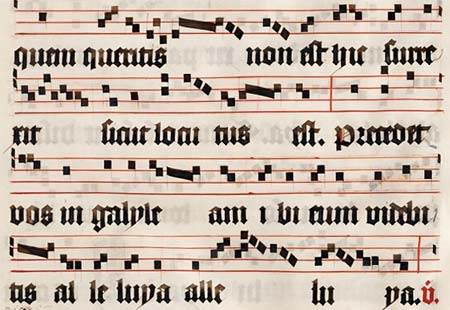Unbelievers should be welcome at any time - with the exception of a discipline matter being discussed and action to be taken upon some member(s).
I am very much opposed to closed door meetings - even of deacons, elders, or whatever. Anyone should be able to sit in and listen. They may not vote, but if folks have nothing to hide, then there is no suspect of hidden agenda.
As far as the services, I don't hold to assemblies having separated services (one for believers an one for unbelievers) and calling them worship services.
The unbeliever service should be called an evangelistic meeting or meeting of inquiry or ... - for the unbeliever cannot worship God.
In the evangelistic meeting, their may be music, or whatever that would not be appropriate in the worship service.
This is what has confused the church of the last 100 or so years. Finny et al. methods and music were brought into the "worship" service and worship was discarded. Much of the modern manner of what and how a "worship service" has been polluted by the inclusion of icons and trends that have no business in the worship of the assembly.
I think much of the "battle over music" is the believers becoming more aware that something has gone awry, and have selected out one area in which to stake out some claim of ground and grasping at arguments that degenerate into preferences.
That isn't to say music is benign. NOT!!!!
If music were benign it would not be so effective in therapy to the severely psychologically/emotionally needy.
Which brings up another aspect of the thread that hasn't been explored.
Why do we only see "a" new song in heaven. With as many composers and lyricists it would seem an abundance of songs would overflow in the heavenly. Why one? Is it to prevent Bach being contentious with David? What of Christ? It is only found that He sung once - no other record. Ah to hear the savior sing. What an awesome experience that must have been!
Is the lack of music in heaven and Christ because the more one grows and matures in Christ, the less use music has as a need to bolster and psychologically support the believer?
Is it possible that the modern contemporary music is because the typical believer from that setting has little actual growth in the scriptures and needs to support with music the feebleness?
What of the older - do they not face a similar condition?
Why did the apostle instruct that we are to make melody in our hearts unto the Lord, and why didn't he give this statement to the church to do corporately?
Is there only one song in heaven, because finally being complete in Him with no tears to shed, there is but one theme to be sung?
A lot to ponder. 

